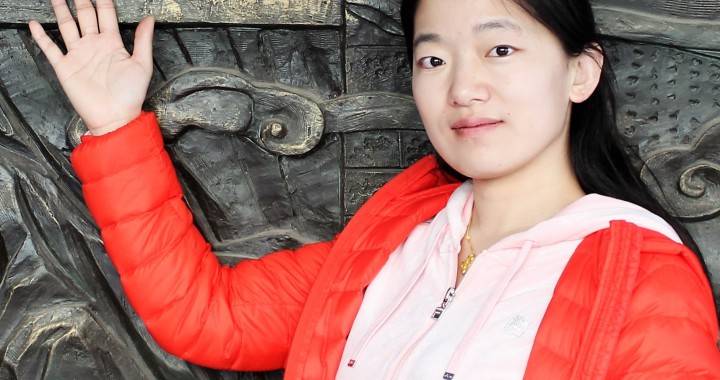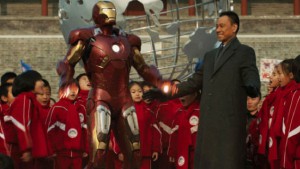“What are our expectations… which of the things we desire are within reach? If not now, when? And will there be some left for me?” –Anthony Bourdain
It has been three months since I’ve landed on Chinese soil; China with a capital ‘C’, it feels like just yesterday that I was greeted by the blank stare of an immigration officer, in a city far from home. They wanted to know what business I had in China, I replied, “I’m an English teacher with Aihua. I will live in Shijingshan”, they stamped my passport and I hurried along. No expectations, no idea what I had just signed up for, and no regrets.
Our apartment overlooks the vast and fragrant city; in the daytime the image of a glorious mountain range fills our view, at night the buildings come to life with Chinese characters lit up as far as the eye can see. China is too big, too diverse, and forever changing at a rate so fast that no matter how many times I try to understand China, I remain blissfully ignorant. I can gaze out at the city and find something new every single day; look out and say hello where did you come from? A familiar concept here is to try and dissect China, try to understand why it functions in the way that it does, why don’t they just do this –or if they just did this like we do back home…! I myself am guilty. China isn’t meant to be understood in the eyes of an expat or even its own people, it functions in its own right and they do some things better than anything I have seen from a mega-city; it is China with a capital ‘C’.
The subway system is the most efficient in the world, it can take you anywhere in Beijing. The rides, depending on the day, could either be arduous or therapeutic. The sound of subway echoes like a mantra of Chinese efficiency…”Baboashan….Bajiao….Wukesong…..” Careful or you might miss a stop… it’s always the best for people watching; they wonder where you’re going or where you’ve come from and you wonder what their stories are, what does China with a capital ‘C’ mean to them?
The food is unpredictable, yet time and time again satisfying. Food here, like many other places, feels ritualistic; a bonding of necessity and pleasure, with laughs thrown in as a Chinese imperative. It’s an outpour of pork, beef, lamb, squid, fish, and oil – don’t be scared to dive right in, it’s the only way. Chop stick skills are not optional.
Teaching is the primary reason I came here. I received the news of my visa approval on the jungle floors of Minca, Colombia. I was sharing a tent with Alex, my older sister of 26. She’s of a small frame, tenacious, and has an unquenchable thirst for the unknown. I had met up with her on her travels of South America. I said good-bye to the howler monkeys, coffee, and my sister, and headed into honking horns, new smells, and tiny children looking at me for answers in Chinese- “English only”, I repeated. Teaching for me did not come naturally, however there isn’t much time to dwell on it. You must look your students straight in the eye and say, “Repeat after me…” You will be trained as much as you can be; the rest is up to you. Once you get into a rhythm there is no shaking you. Some days you feel as if the kids absorbed more knowledge than you have ever possessed yourself…other days they will test your will and make you question all of your choices leading up to that moment…don’t worry that too shall pass. The kids are great, they go absolutely mental when I speak Chinese, and at the end of it all remember that they’re just kids. Take away a few cultural conventions, two separate languages, and you realize you’re not so different at all.
The amount of exploration here is also endless, you’ll find that on your days off you will explore as much as you can of the city and be helpless at the end of it all, knowing that you could never possibly finish exploring Beijing let alone the vast country that is China. Be sure to go to Yuanmingyuan Park, The Summer Palace, The Great Wall, and if you really want to get a feel of what the Chinese are all about, go to Shanghai, a city renowned for its rapid growth and urbanization. Don’t be scared to wander off down a hutong, for there you will find the best gems of all. Dumplings, duck, and whatever your eyes can see will be found down a hutong. They are traditional to Beijing and embody a kind of dichotomy native to China; the balance of old and new. Here you will find no one speaks English because there is no need to, just grab a seat, politely say “Nihao” and go along your business just as the locals do…after all these 21 million Chinese are your neighbors. It’s our China with a capital ‘C’.
P.S- If you own a motorbike like many of us, drive safe, invest in good breaks/horn, and wear a helmet. If you survive a year of driving in Beijing traffic…go hike Everest, you don’t fear danger and you are a crafty, resourceful person, you’ll make it in no time.













